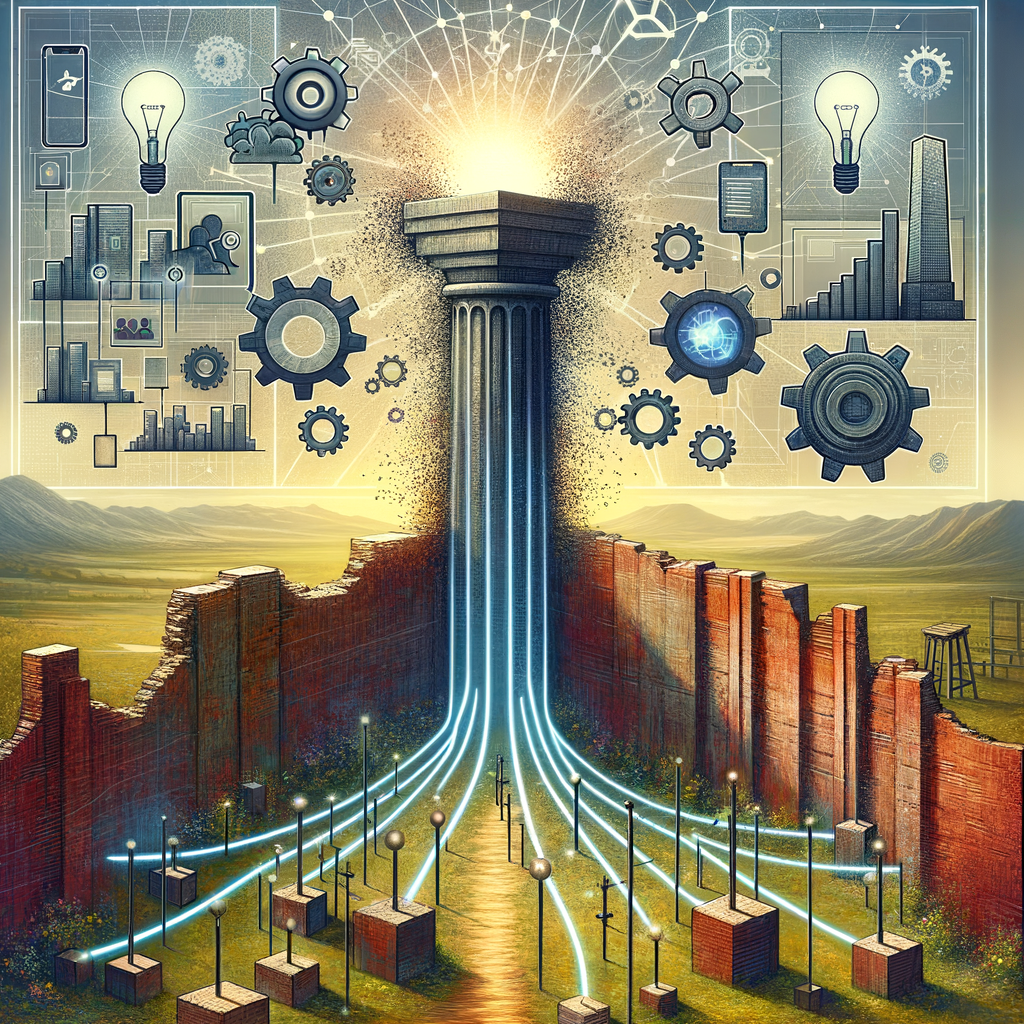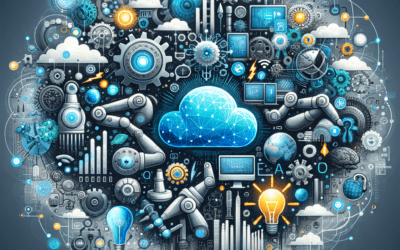Paul’s Perspective:
This piece offers a meaningful look at how decentralization drives innovation and empowers users, presenting a shift in control that is redefining the technology landscape. As business leaders, understanding this shift can inform future strategies and align with emerging market trends.
Key Points in Article:
- Decentralization transfers power from centralized entities to users.
- Open protocols in decentralized systems foster innovation and competitiveness.
- Decentralized applications reduce barriers to entry and disrupt monopolies.
Strategic Actions:
- Analyze the benefits of decentralization for innovation and competition.
- Consider the potential of decentralized applications to disrupt existing markets.
- Explore ways to integrate decentralized protocols into business strategies.
Dive deeper > Full Story:
The Bottom Line:
- This article discusses decentralization’s profound impact on the technology sector.
- It details how decentralized systems are reshaping market dynamics and user control.
Ready to Explore More?
If you’re pondering how decentralization can be harnessed for your business, our team excels at bridging the gap between emergent technology trends and practical applications.





